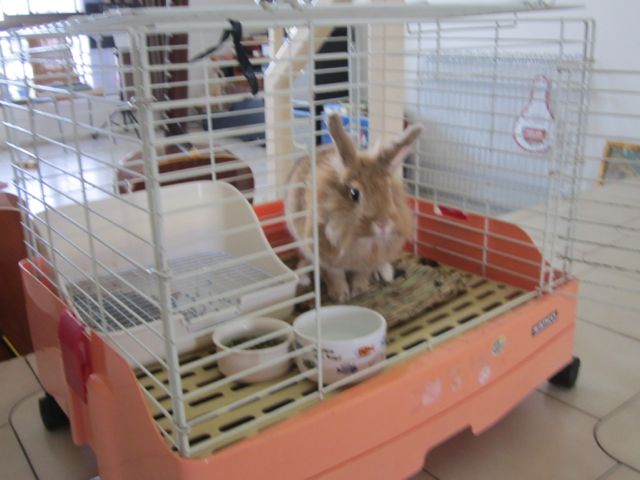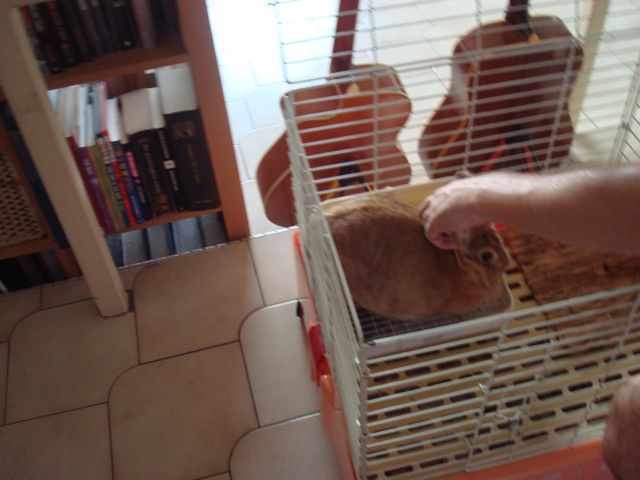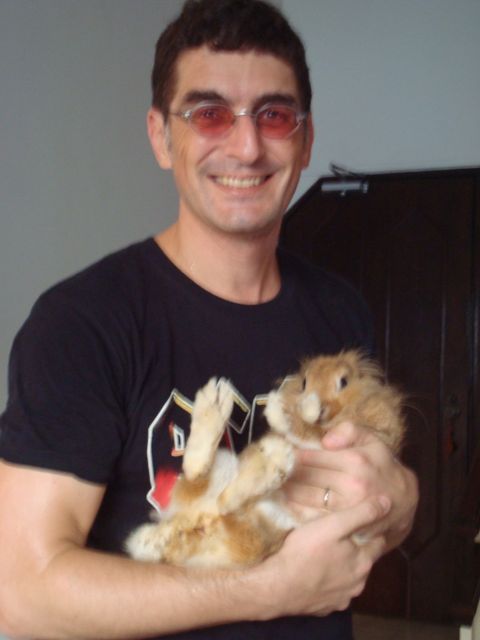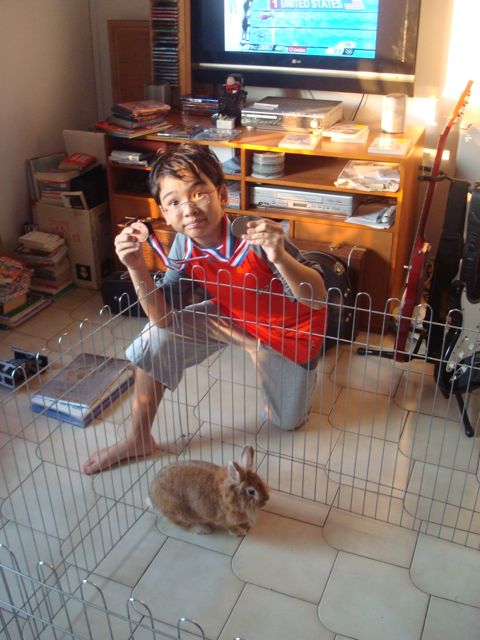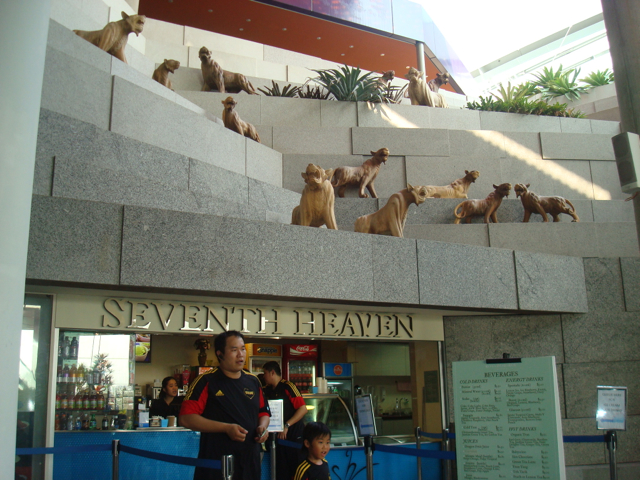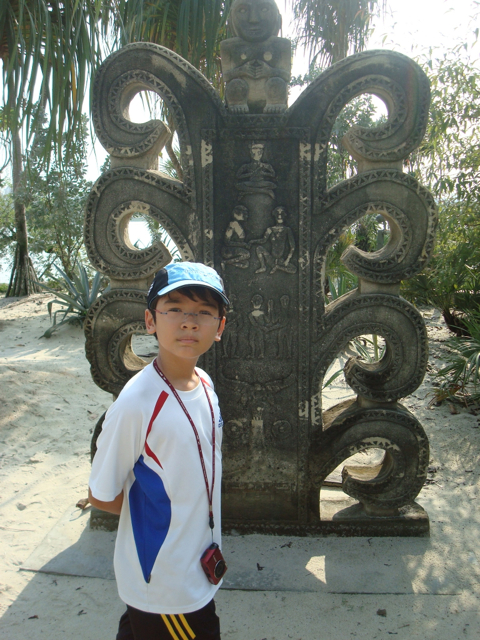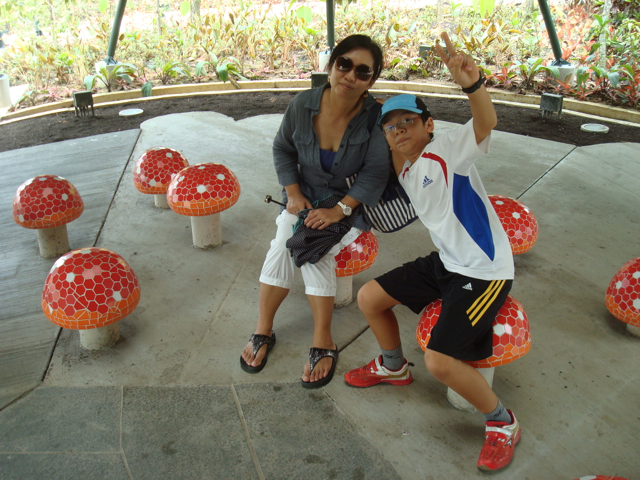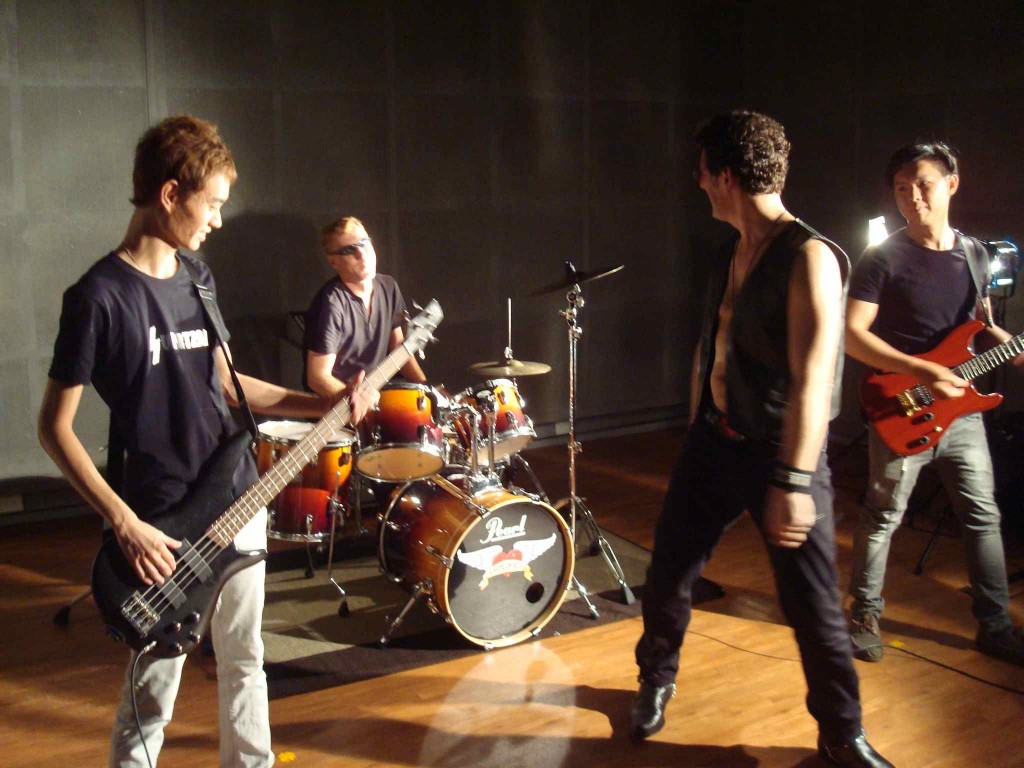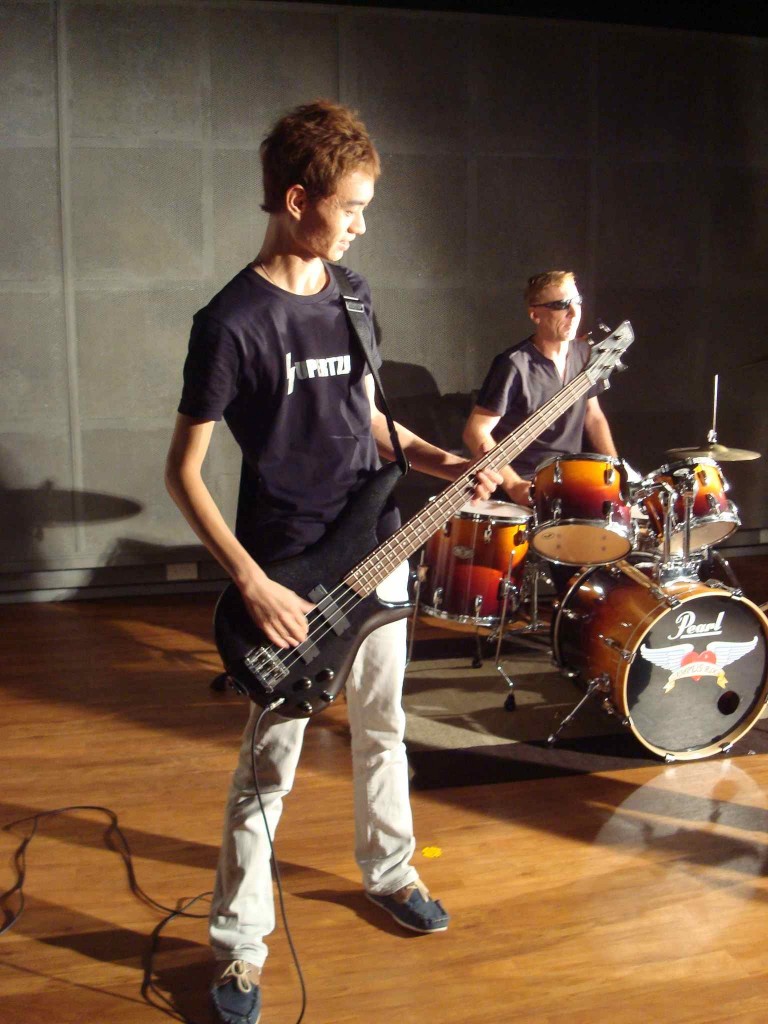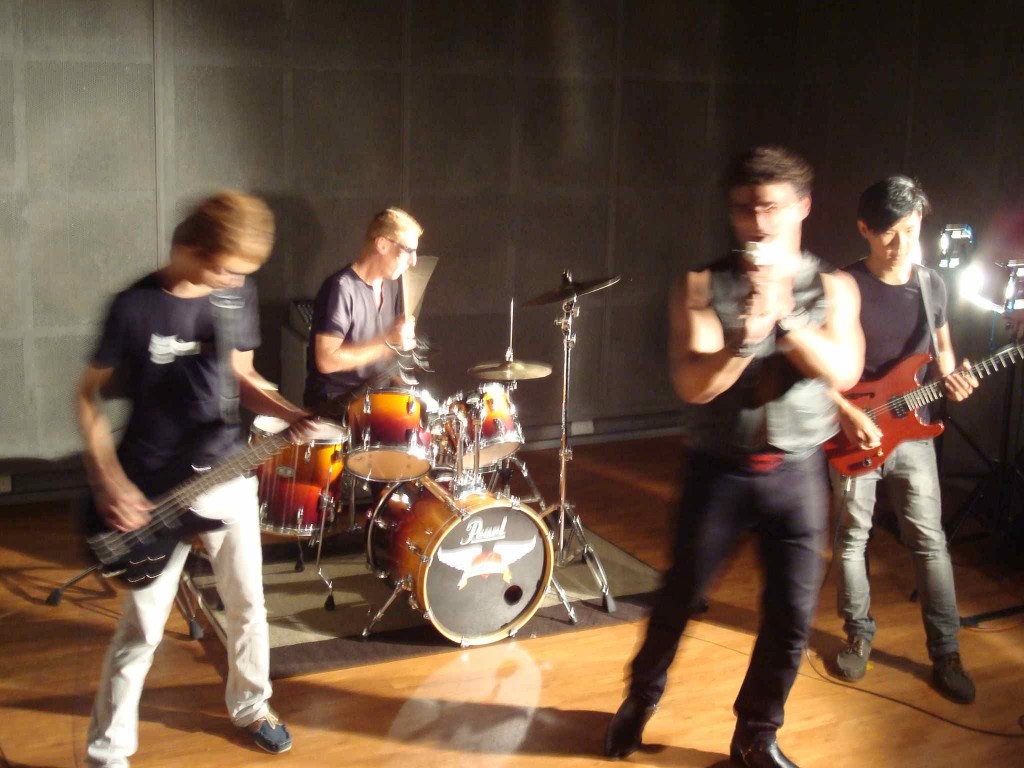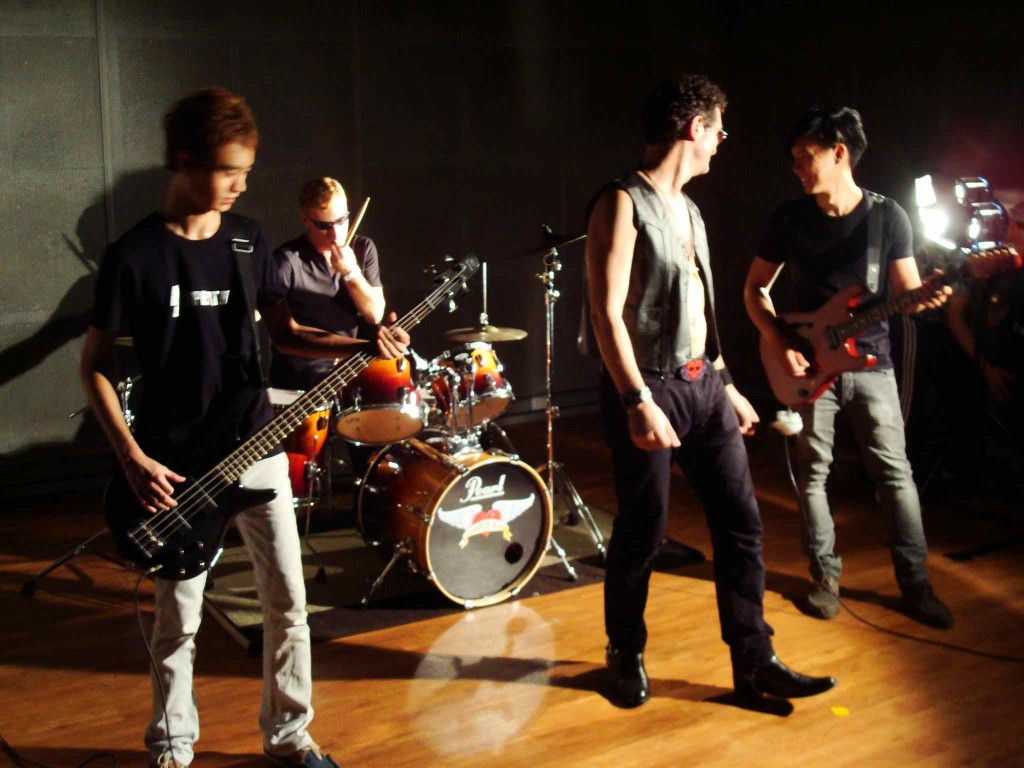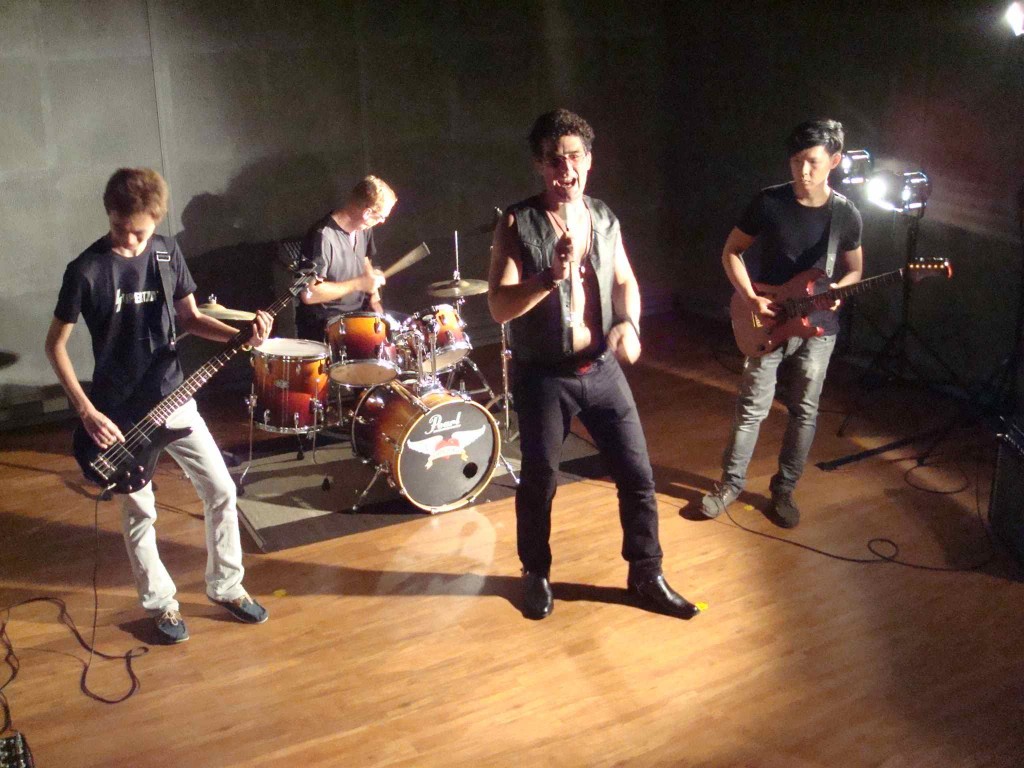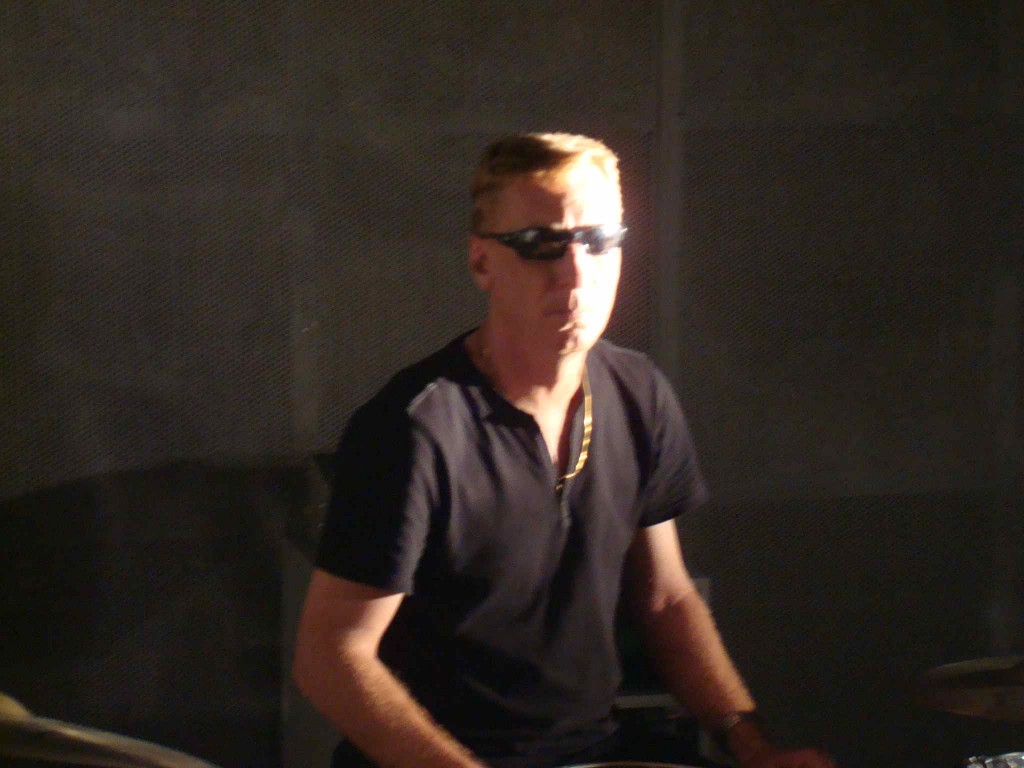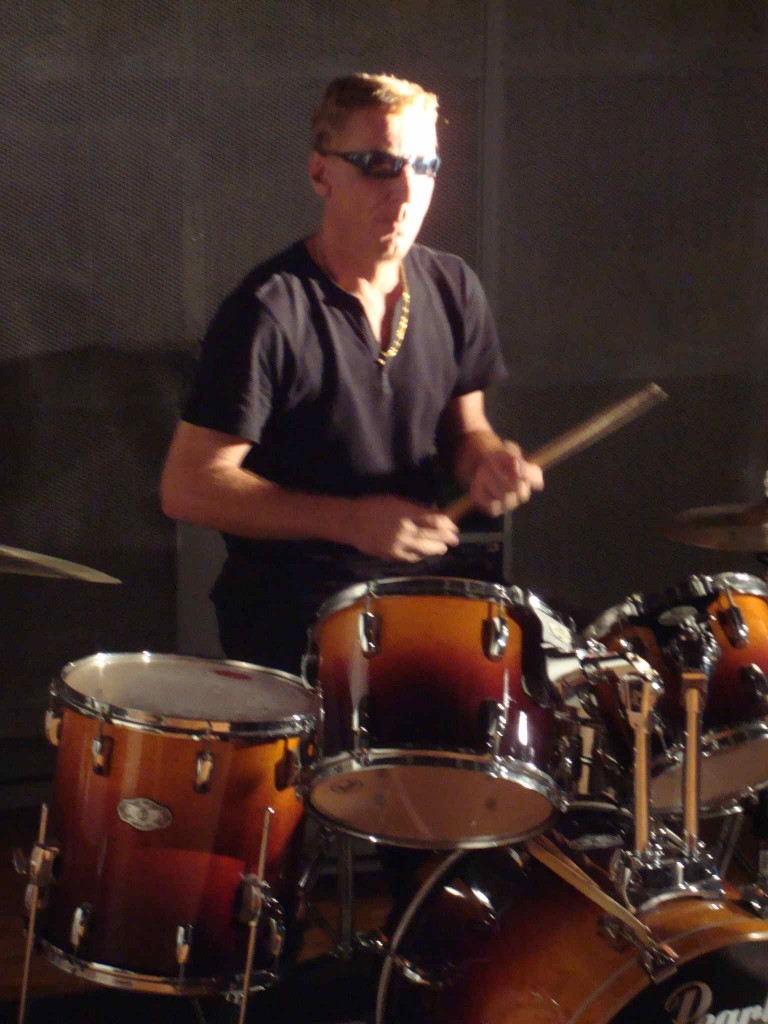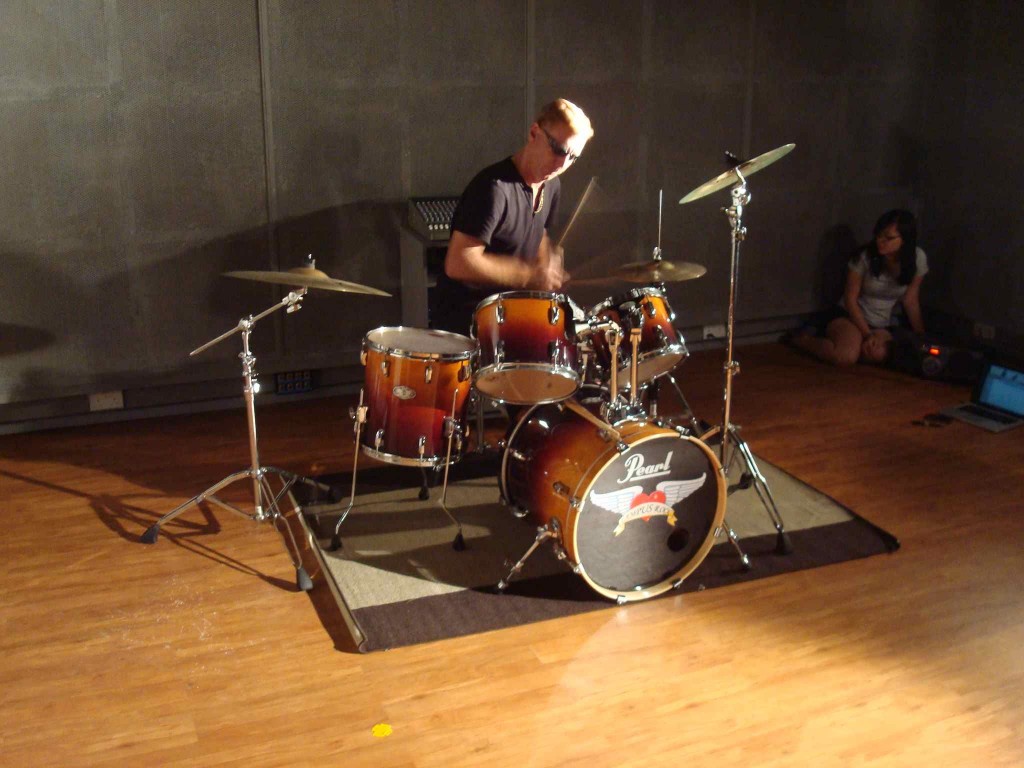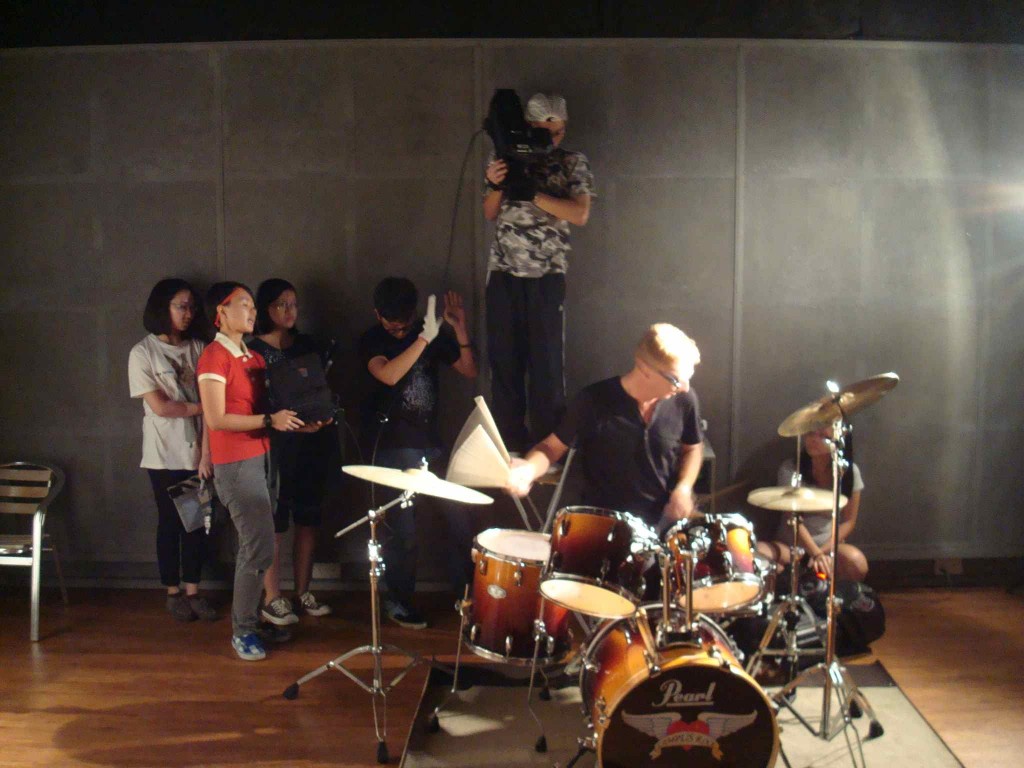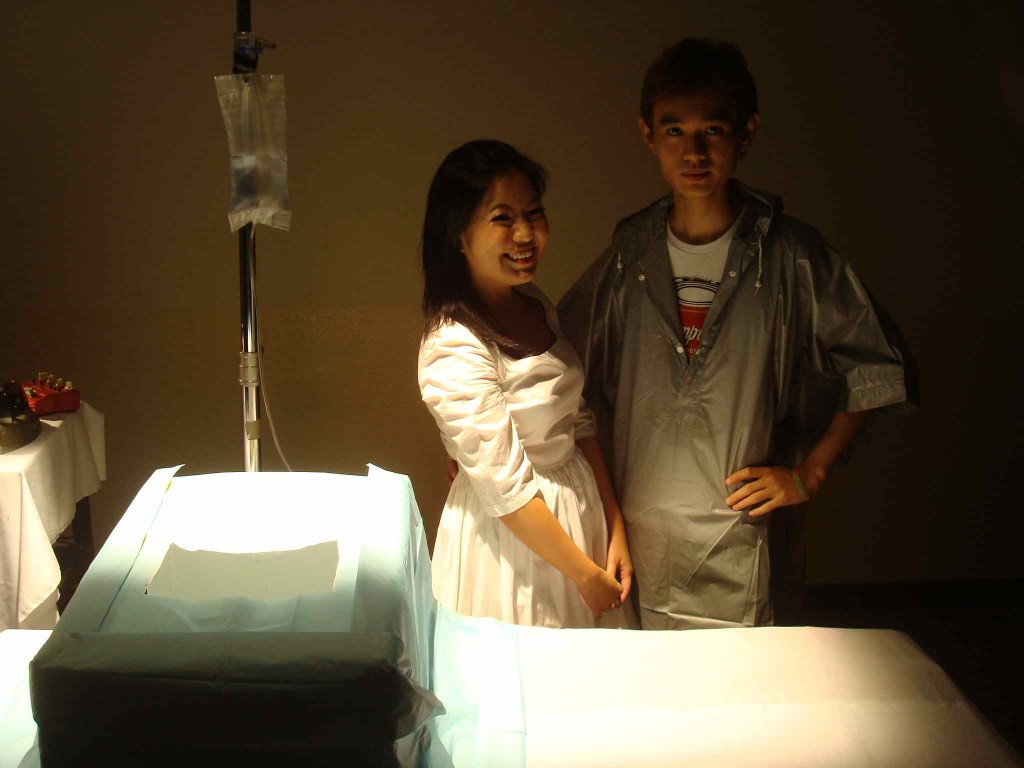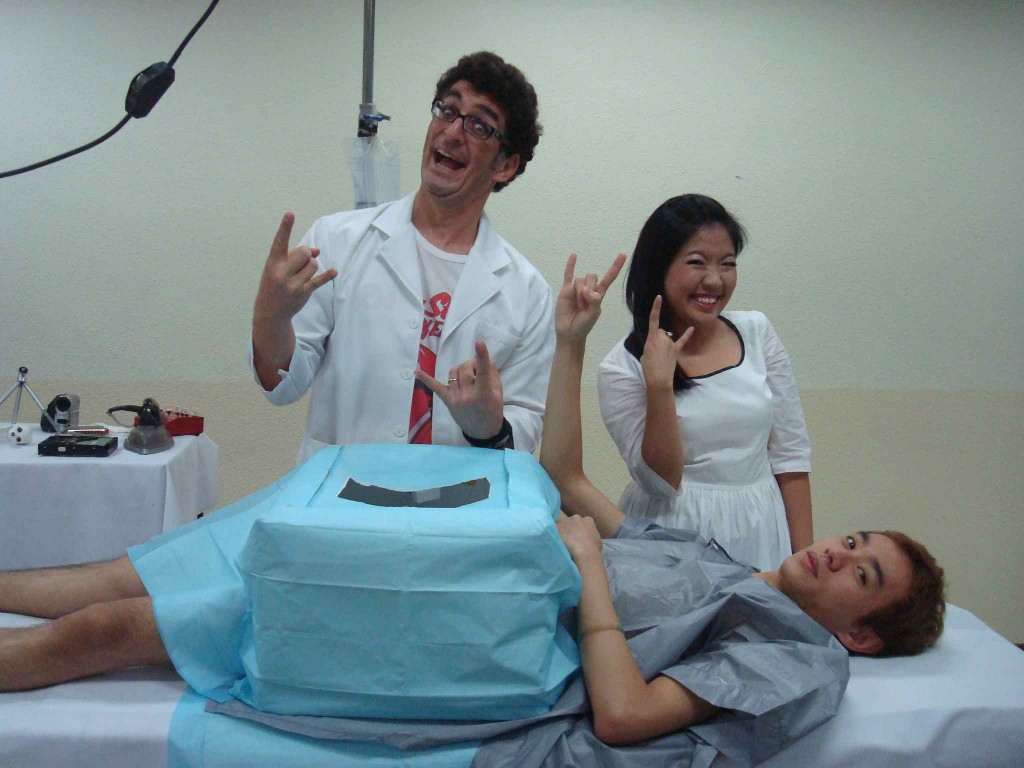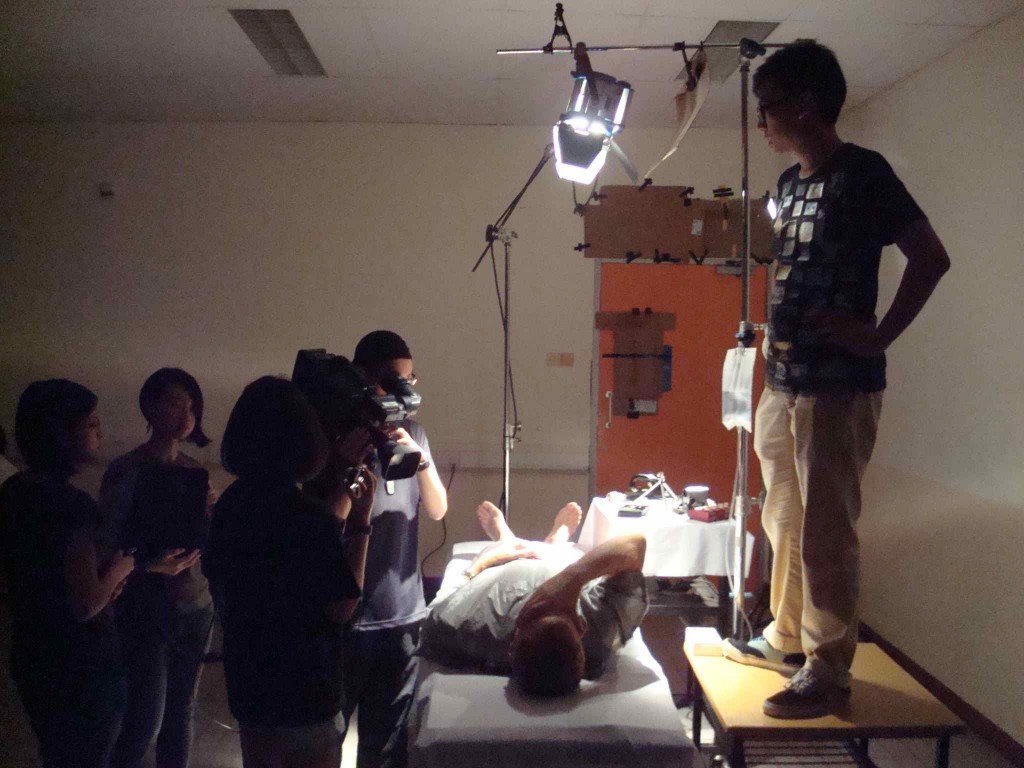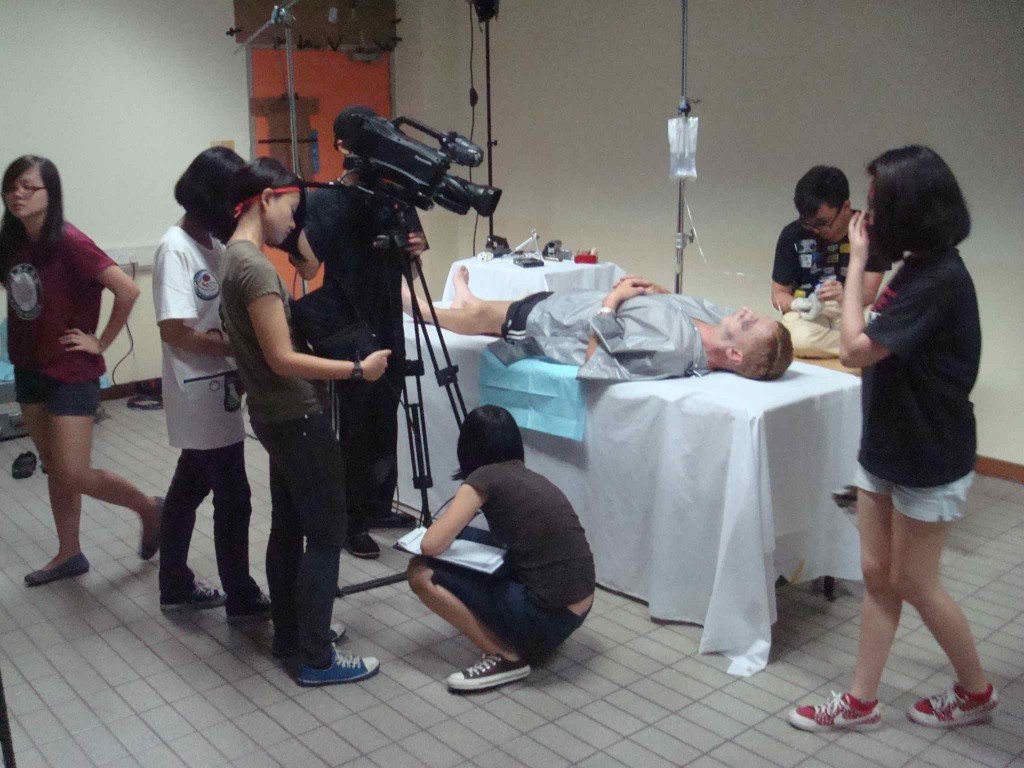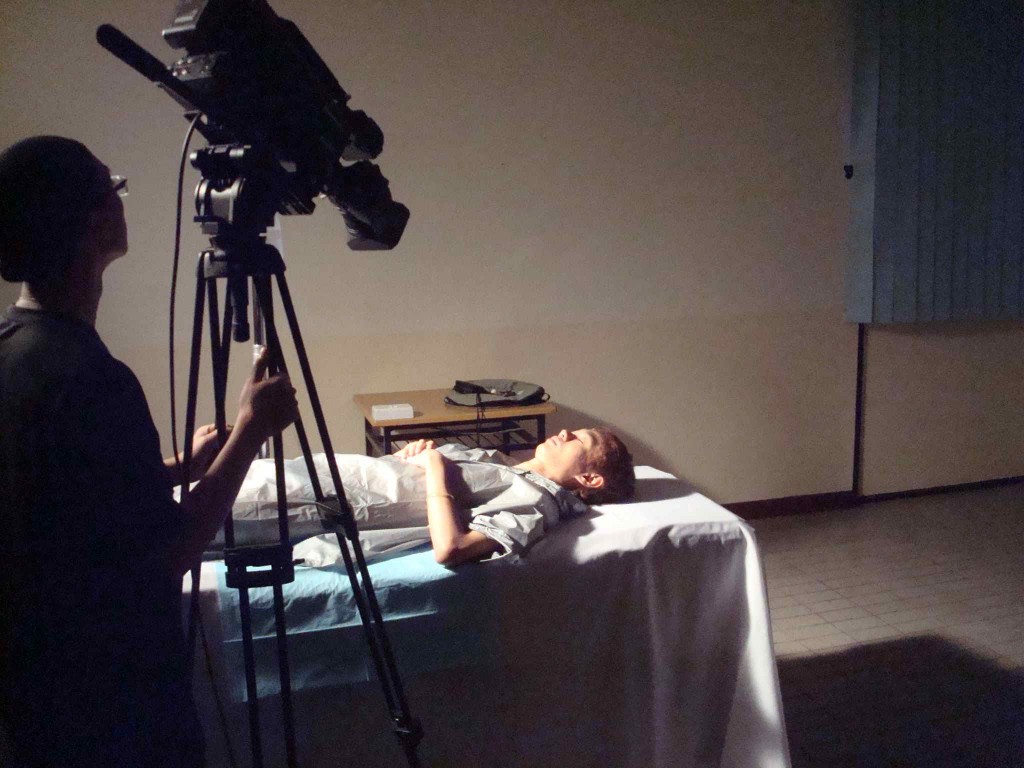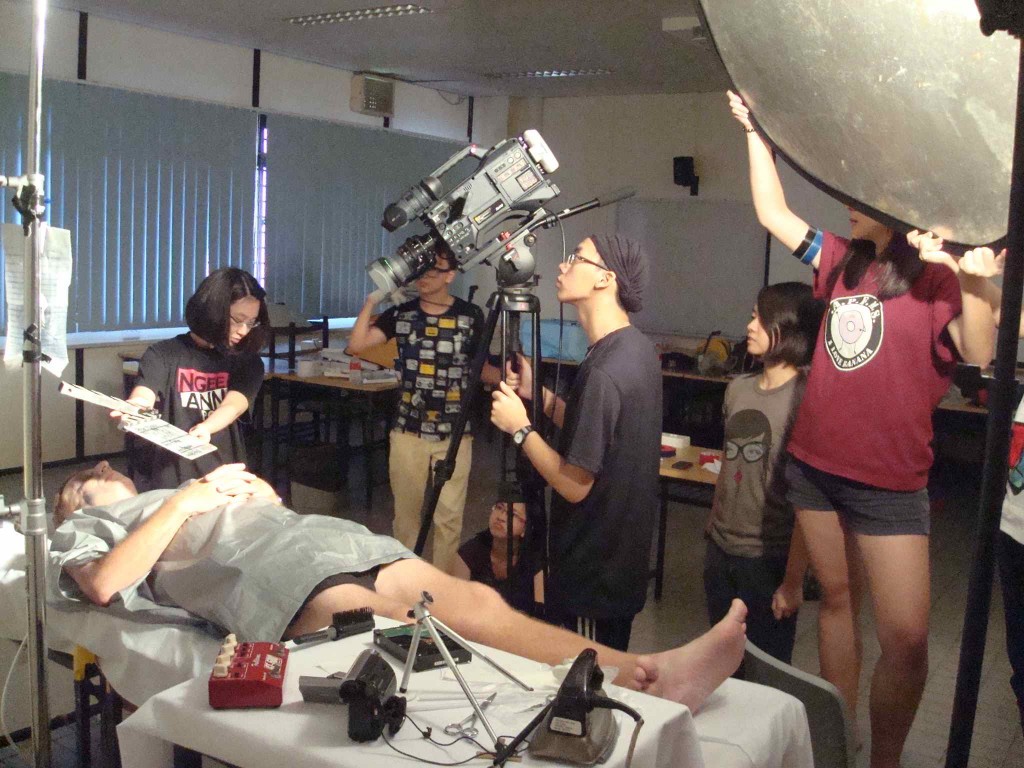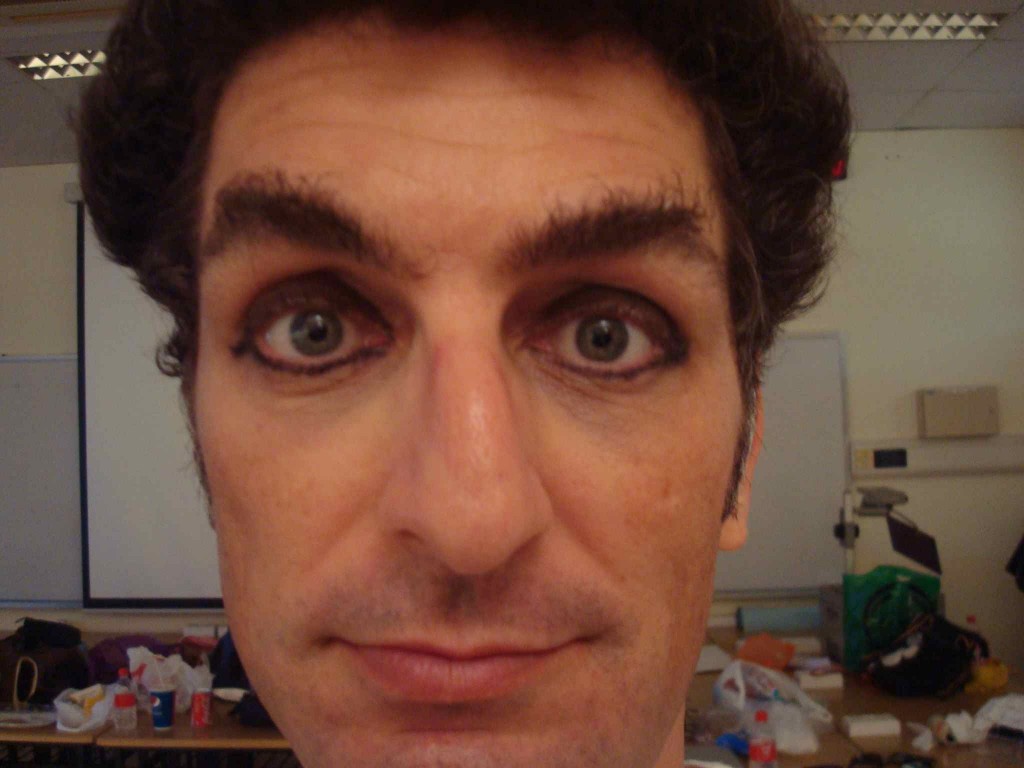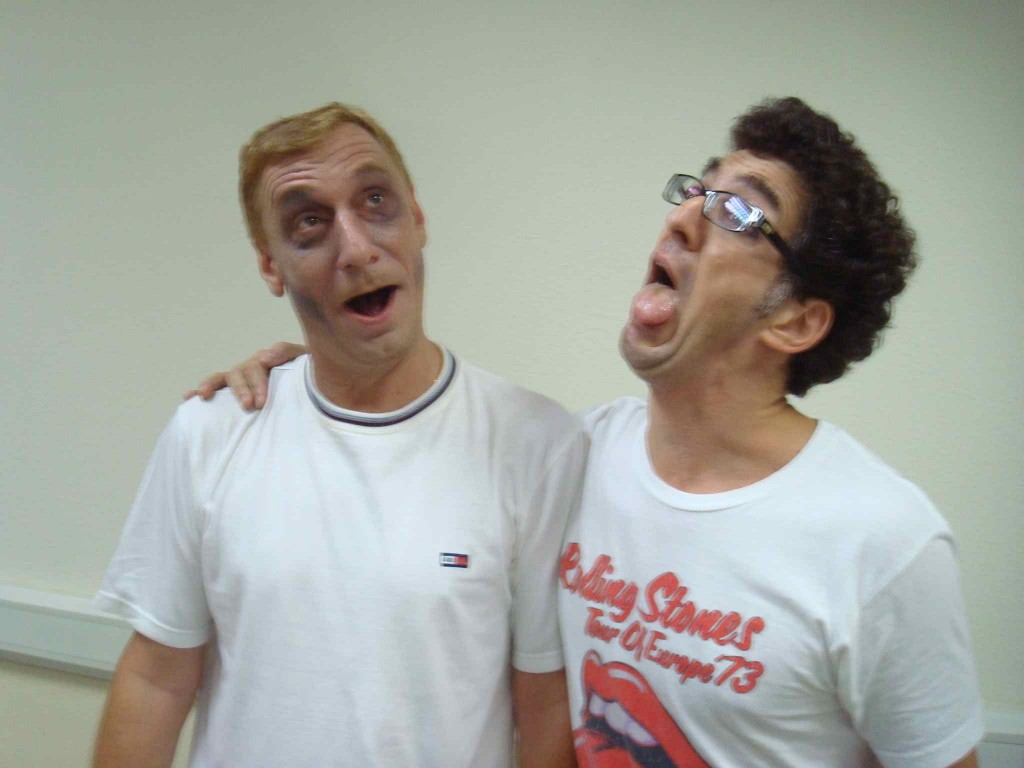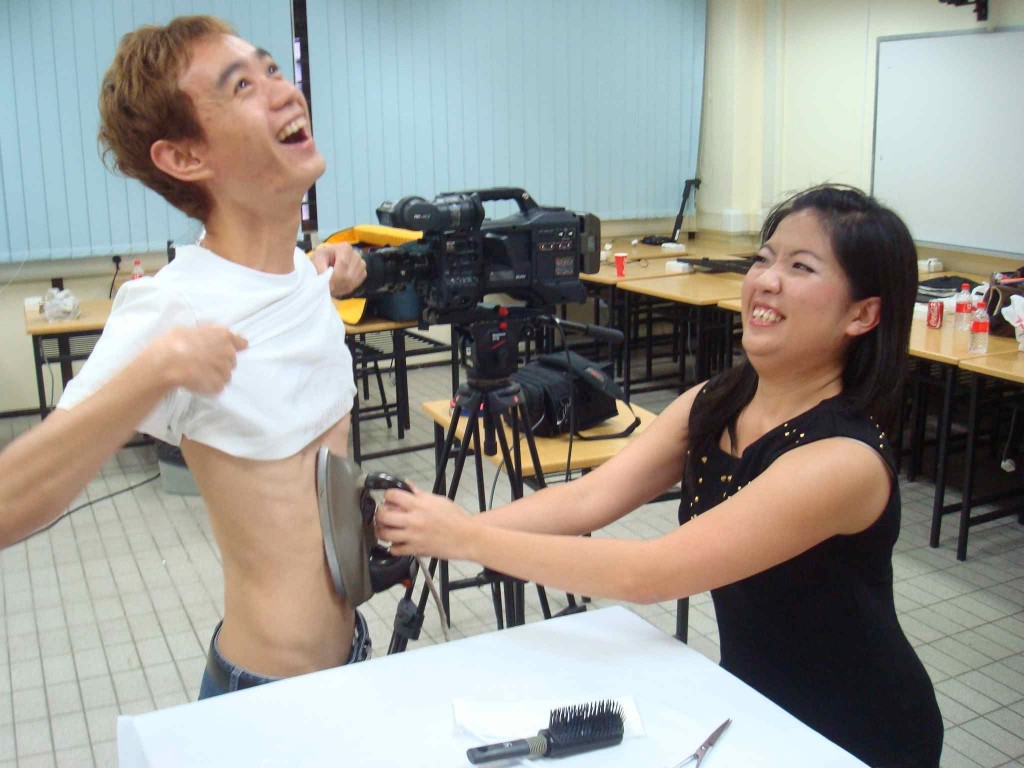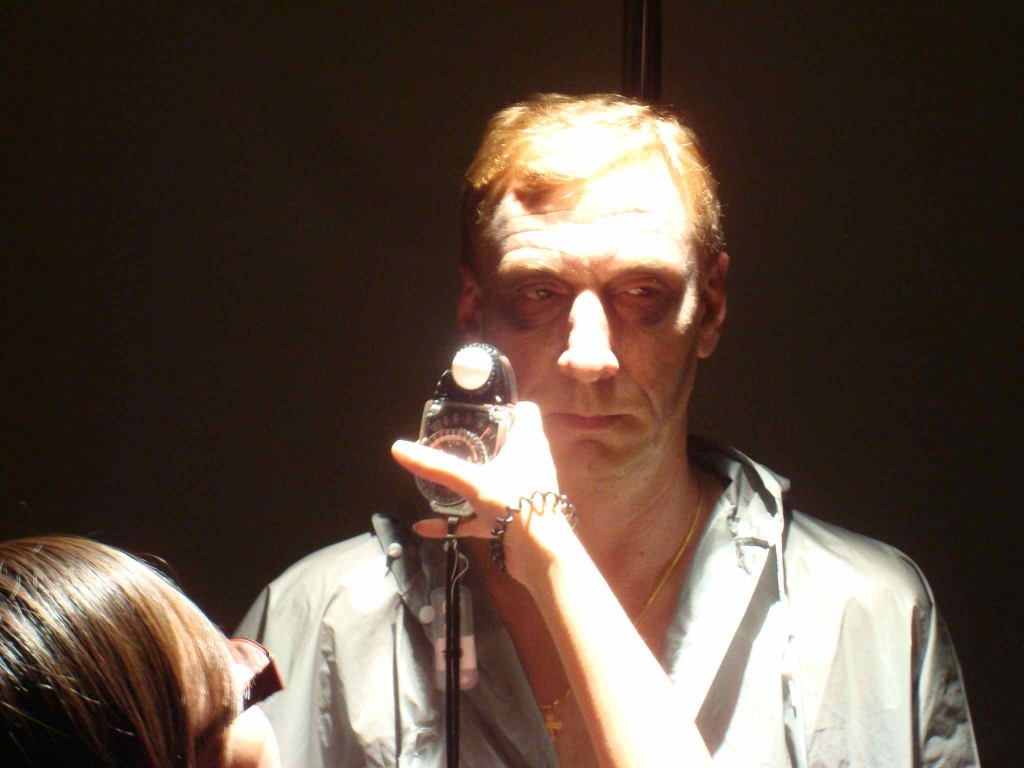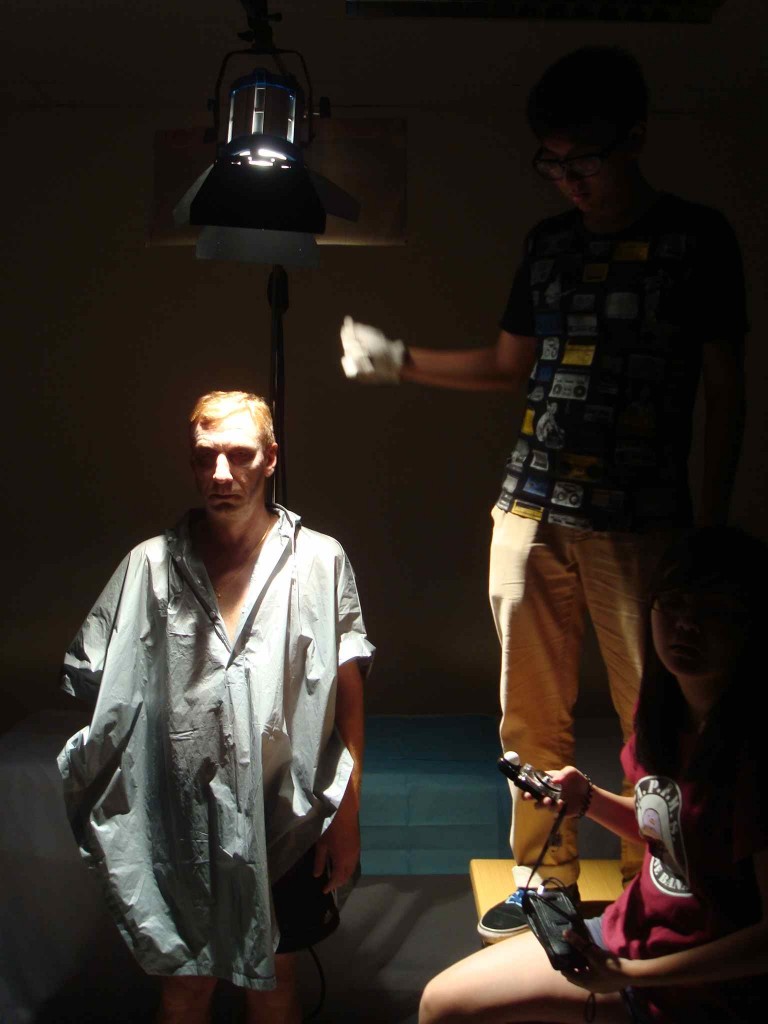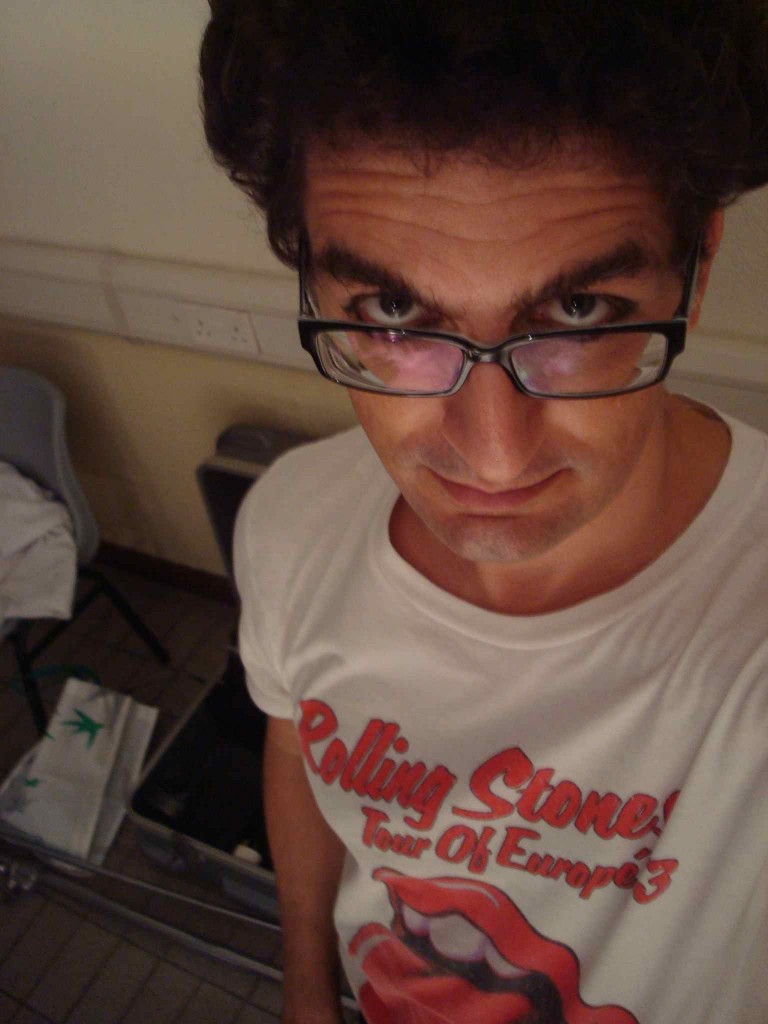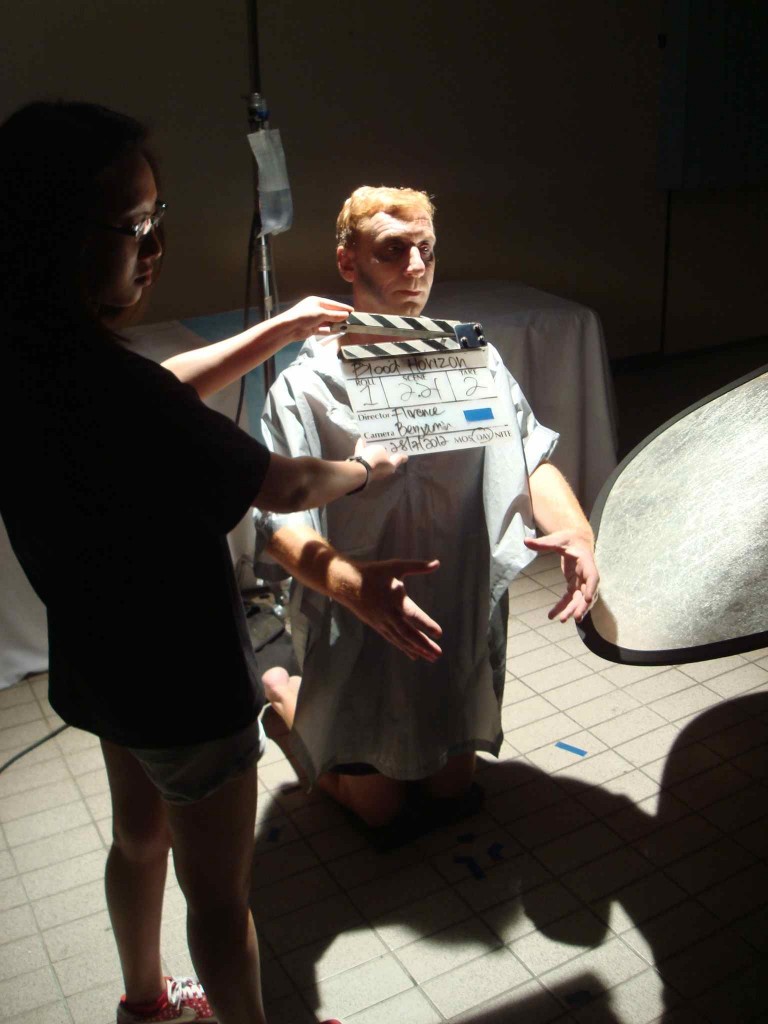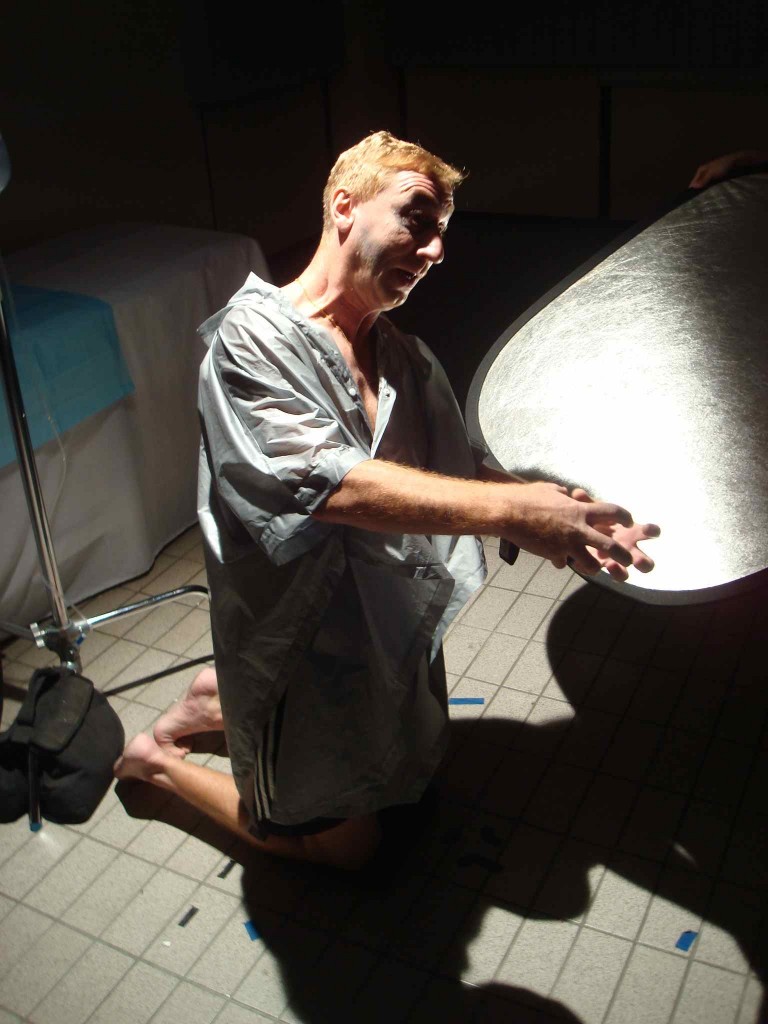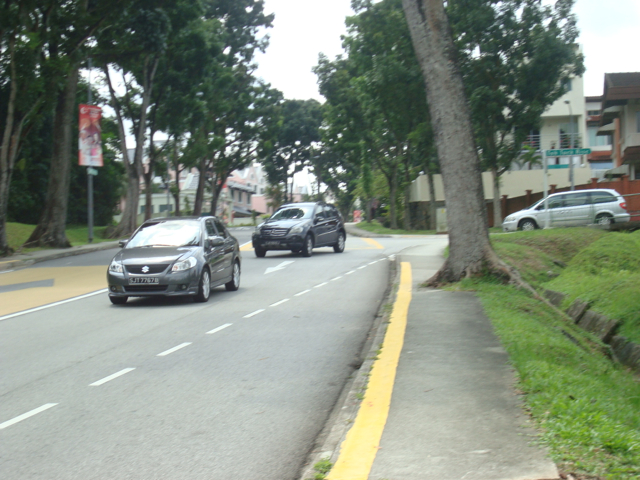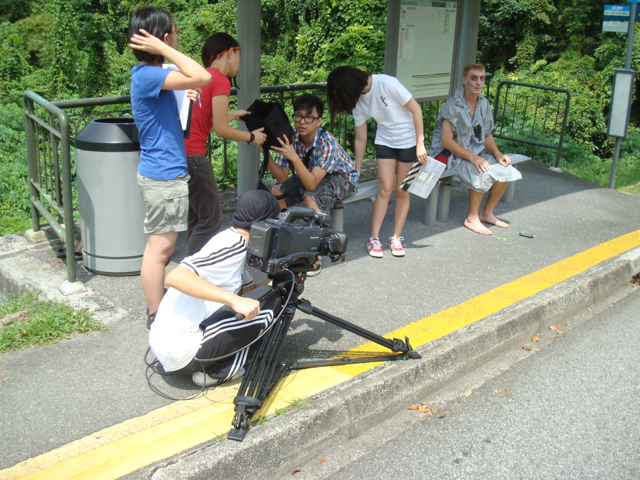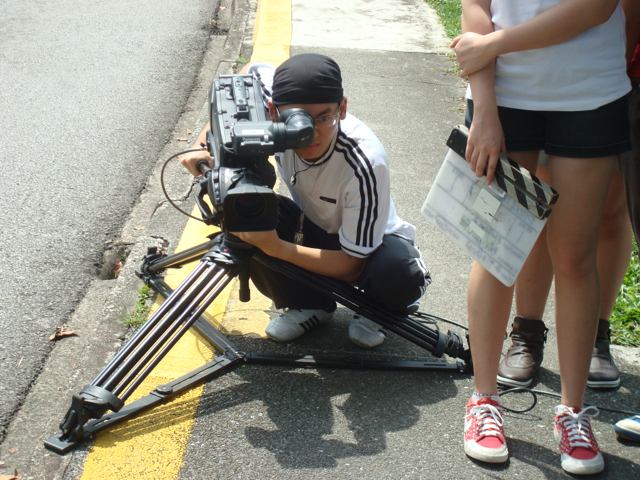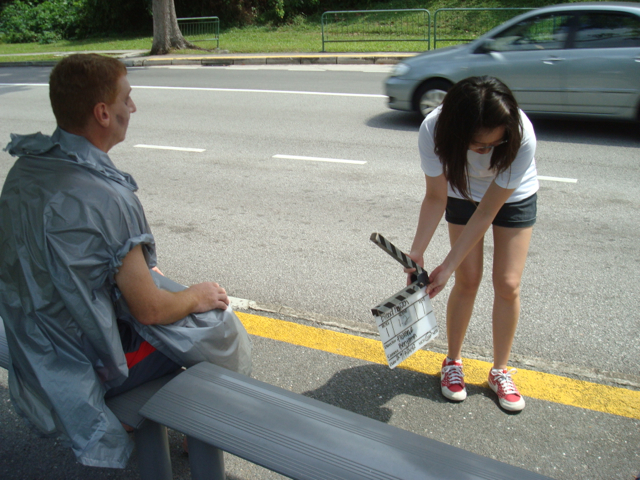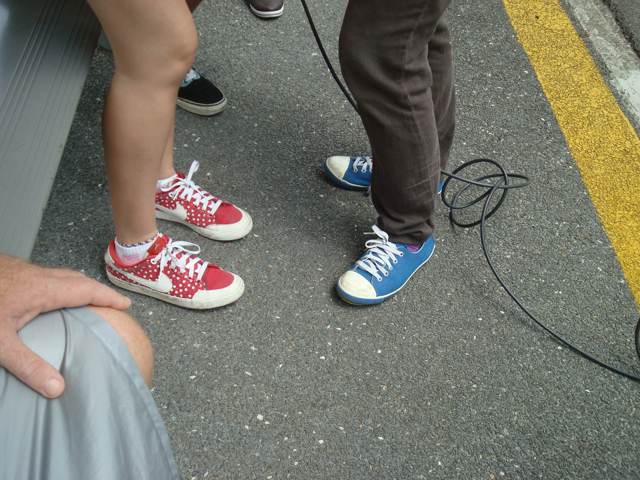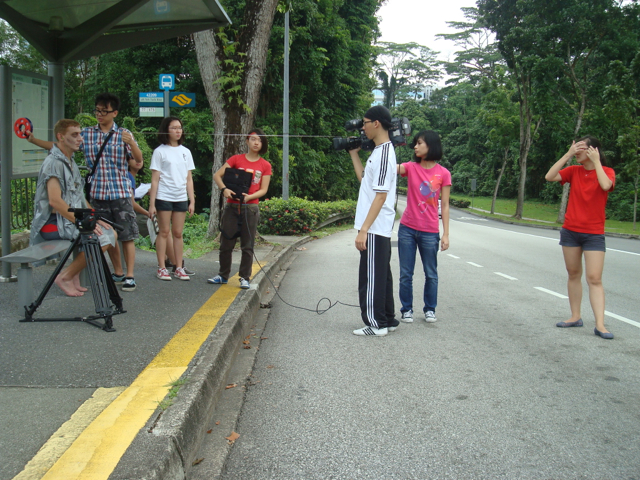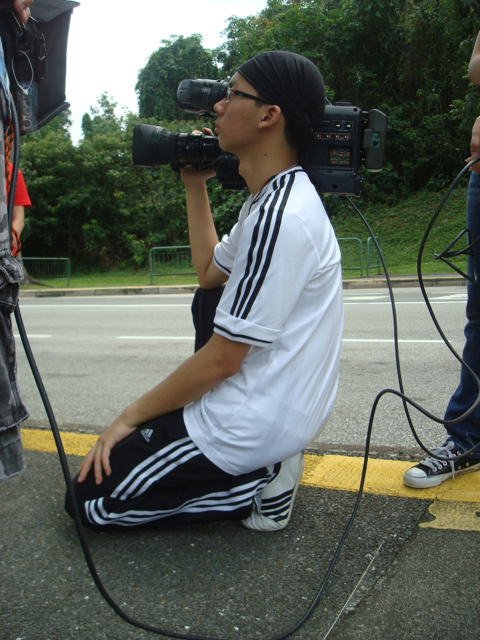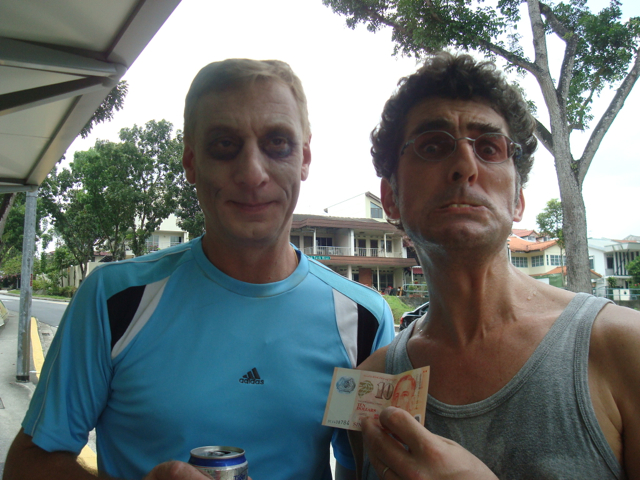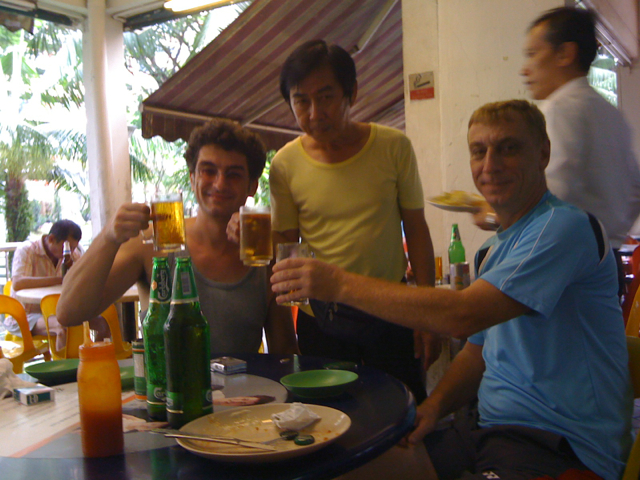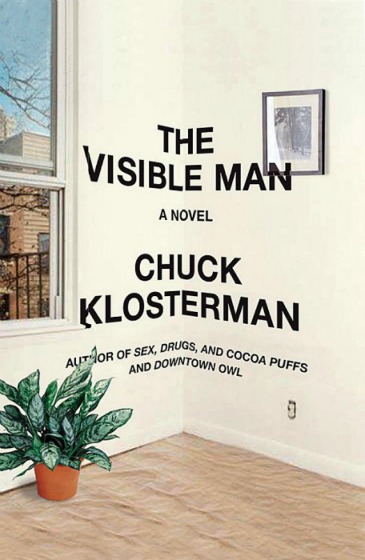
CKTVM
– Read
The Visible Man and try to
not be irritated by every single character in the book. The entire novel is narrated by a self-centered, insecure therapist called Vicky Vick who starts off the book dramatically hinting at a disastrous story that should have been prevented, that she should have seen coming, she over-analyses things, she writes notes to her publisher, her agent, hinting at things she might want to change, very clerical, we get to read her emails and BlackBerry messages on the topic. So what? We even learn her email addresses (thevickster@gmail.com – I suppose that email address exists and is registered to someone, ho-hum; her other, self-centered email is vvick@vick.com – think about it – a woman called Vicky who married a man with the family name Vick!). These correspondences makes it seem a bit of an epistolary tale at the start, although Klosterman eventually shakes off that nonsense and gets back to just writing pure first person narrative (annoying first person narrative). Some of it, of course, comes off sounding like Dr Jennifer Melfi, Tony Soprano’s shrink in The Sopranos, complaining to her own shrink (played by Peter Bogdanovich) about her problem patient Tony. But Vicky is a very shallow, facile person, and it’s clear that a writer as intelligent and sophisticated as Klosterman has invented her for the sake of toying with her.
Her counterweight, her patient, is a messed up individual who wears a suit that renders him invisible, or maybe we should say near-invisible – something can still be seen if someone knows where to look as light bends around the suit somewhat imperfectly. Great. He’s a man with no history and no past, other than what he tells Vicky (which Vicky tells us, which is all created by Klosterman). He lives through individual suffering for his art – bladder pressure, long periods of inactivity in a restrictive suit that can’t be cleaned and is difficult to put on or take off, popping pills to keep himself alert. Wow… pretty weird, right? The reason he seeks therapy is, unfortunately, never really understood, although I suppose it’s because he needs someone to talk to who he trusts and can control.
True to her dopey nature, Vicky’s fascinated by her patient Y______, whom she originally only speaks to on the phone; this fascinates her, despite the pedantic and hectoring way he has of speaking to her. As a man who has invented a suit that makes the wearer invisible, the most Y_____ can do is use this suit to observe people unnoticed, indulging to its fullest extent a strange voyeuristic hobby that Klosterman seems to share, and maybe fantasise about (he’s written about this extensively in other books like Eating the Dinosaur, not to mention his fascination with voyeuristic “reality” shows). Great. She eventually insists on meeting him, with his suit on and with it off, even going so far as to meet him in public. Naturally he becomes obsessed with him; there is no happy ending. Oh well. The two engage in intellectual sparring, and at times Y_____ pushes a bit too hard and has to apologise. Wow. As a therapist, great passages of the book supposedly come from transcripts of recordings Vicky has made with her patient. So this book is, in a sense, not much more than a collection of fake interviews on an unimportant intellectual topic: the private lives of strangers.
The book has many interesting passages.
I asked how guilt differed from the sensation of guilt [a phrase Y_____ had used in a phone message he left on Vicky's machine], since guilt itself is a feeling (and every feeling is a type of sensation). Y_____ vehemently disagreed. “A man is guilty when he subjectively thinks about what he has done and concludes that his actions were objectively wrong. A man feels the sensation of guilt when he objectively thinks about what he has done and concludes that his actions were subjectively wrong. My problem is that I conflate those two perspectives.” I was shocked by both the eloquence and the forethought of these words; it was as if he had been waiting all month to make this statement.
This passage probably explains more than any other the problems with this book – Chuck Klosterman invented the nonsensical concept of “subjective guilt”, and then writes about how eloquent and insightful it is. Of course, it’s just logical garbage and over-analysis… angels on a pin kind of stuff. But it’s what’s behind the passage that’s a bit more disturbing – basically, he either believes his own hype, or he’s toying with us intellectually; at the very least, it’s the latter, if not both possibilities. Nice guy, this Chuck Klosterman. On another recording machine message, the arrogant Y_____ starts by giving Vicky advice on how to program her answering machine, then proceeds to tell her “Don’t overthink what’s happening here, Vicky. I am not a swamp monster, Vicky. I’m not an invisible man. I’m not a vampire, and I’m not God. I’m just an incredibly interesting person. Good night, Vicky.” More reasons for me to think that Y_____ is Klosterman.
Y_____’s egotism becomes apparent later in the book.
I was young, but this was arguably my fifth or sixth intellectual undertaking; I had started in chemical engineering as an undergrad, but then I pursued graduate study in sociology and then – immediately following that – psychology. I dabbled in investigative journalism for two years. I was a capable musician. I was a pretty decent playwright. I attended a city planning workshop. I did some organic farming. I invested eighteen months of independent study in mathematics before seriously returning to hard science.
Not only that:
You know, I’ve been everywhere in the world. I’ve been all over America, all over Europe. I spent a few weeks in Australia I traveled through Asia in high school, I traveled through Africa in college. I’ve been everywhere there is to go. But you know what? I don’t think I’ve ever met anyone I wanted to see again.
If that last sentence isn’t the most arrogant ever, I don’t know what is.
But there is a little bit of humor, like when he makes a rare joke about one of his rare human relationships:
There was a woman I dated in college – Alejandra Llewellyn. She was half Argentinean and half British. She had beautiful, condescending eyes. She listened to techno and cooked a lot of steaks. We were only together for seventy-four days. It was like having sex with the Falkland Island war.
More humour when Vicky and her husband John Vick realise that Y_____ is dangerous and consider going to the police:
Going to the police was the logical move, but that felt hopeless (and borderline comical). There was just no way to explain our situation to a law enforcement official; I wouldn’t even know where to begin, and there was no way to come across as normal. Who would I claim was doing this? I wasn’t even certain I knew Y_____’s real name. I didn’t know where he lived or how to find him. His cell phone was no longer active. We would essentially be filing a report that read, “A man we can’t see and that you can’t find may (or may not) be breaking into our home in order to steal nothing and hurt no one.” It’s hard to place a restraining order against a person who doesn’t exist.
Some of the passages of the book are memorable for the people/groups of people he observes. There’s a woman, an executive at some firm, who comes home from work, smokes huge amounts of cannabis, goes on an eating binge stoned out of her mind, then goes on an intense exercise regimen to burn off the calories and retain her shape. Then there’s the “heavy dudes”, who are both gigantic and some sorts of intellectual heavyweights. Finally, there’s the “half-Mexican ladies man”, the only person to become aware of the invisible man in his midst. Interesting.
All old people seem cool whenever we see black-and-white images of their younger selves. It’s human nature to inject every old picture with positive abstractions. We can’t help ourselves We all do it. We want those things to be true, because we all hope future generations will have the same thoughts when they come across forgotten photographs of us. But this codger had genuine charisma. I’m sure of it. His cigarette looked delicious.
I also have a problem with some of Klosterman’s logic, or maybe its just Y_____’s logic (not sure if they’re indistinguishable):
North America has more crazy people than every other industrialized continent combined, except maybe Australia. I’d say 25 percent of our populace has craziness in the blood. It’s genetic. It’s historical. I mean, what kind of person immigrated to the New World? Not counting slaves, there were only four types really: people who didn’t think Europe was religious enough, people tho thought they could make a lot of money, antisocial failures with no other option, and fruitcakes who thought risking their lives on an alien shore might make for an interesting adventure. Those are the four components of the American gene pool, and those are the four explanations behind everything good and everything bad that’s ever happened here. Everything.
Okay, that may be fair for the USA. But does it explain Canada? I don’t think so. But he doesn’t seem to recognise or consider Canada, or he deliberately writes it off. Observe a funny passage of the invisible man, pre-suit days, observing a friend of his: “He listened to Rush. 2112. An album that no one at our school cared about. An album I’m certain this boy never mentioned to any of his friends.” Given Klosterman’s background listening to heavy metal in North Dakota growing up, I’m pretty certain this could not be true of him at all, and it has been injected into the book to throw us off. But it is consistent with his belittling of Canadian things, as Rush is probably the biggest band in Canada (and the biggest Canadian band outside of Canada).
The most ironic statement of the book comes from Y_____: “‘If I wrote a book, people would hate it.’” Ha ha ha – I wonder how many people hate this book, since it is essentially the voice of Y_____: his experiences are practically the only topic of discussion in the book, and so much of the book is narrated by him. This irony surely can’t be lost on Klosterman, and once again he’s playing around with ideas, and his readers along with it.
Nonetheless, the book has the occasional interesting passage that reflects some of Klosterman’s best non-fiction writing. “Every night, thousands of Mexican bats take flight from beneath this bridge, blanketing the sky like an undulating cape. Three thousand bats becoming one massive superbat, a mosquito-eating sky-creature.” Another good one is:
It’s a little shocking how rearely most roomates speak to each other. Especially guys – guys will spend five hours in the same enclosed space and say nothing. Men tend to have zero interest in the lives of others. Women talk about what’s on TV, and about boyfriends or potential boyfriends, and about various concerns they have over haircuts. It’s disturbing how accurate gender cliches tend to be. They’re self-perpetuating. We all direct so much effort towards undermining gender cliches and punching hoes through stereotypes, but all that does is remind people how tenacious those sentiments are. Arguing that they’re false actually makes people more aware that they’re true. I mean, just watch any husband arguing with his wife about something insignificant; listen to what they say and watch how their residual emotions manifest when the fight is over. It’s so formulaic and unsurprising that you wouldn’t dare re-create it in a movie. All the critics would mock it. They’d all say the screenwriter was a hack who didn’t even try. This is why movies have less value than we like to pretend – movies can’t show reality, because honest depictions of reality offend intelligent people.
So why is the main character called Y_____? I don’t know why. In fact, many times as I was reading the book I would stop and think to myself Y_____, oh Y_____.
Final conclusion: the most interesting and satisfying thing about the book is its title. Hilarious.
Incidentally, an interesting thing happened to me when reading this book. I was annoyed with it basically from the first page, but I kept on with it. Near the end it started to seem like it was getting better. When I had 15 pages left, however, I accidentally dropped it down the library return chute along with a bunch of other books I was returning. Oops! I called the library when it opened, but they are so efficient they already had it on a van heading back to the branch I had ordered it from. It’s the only copy the whole library system has, so I will get it back and can read the last 15 pages and write up this review. Yay. But it also got me thinking… what if I don’t ever finish reading the book, and just abandon its un-sympathetic characters the way they deserve to be dumped. Hmmm…






